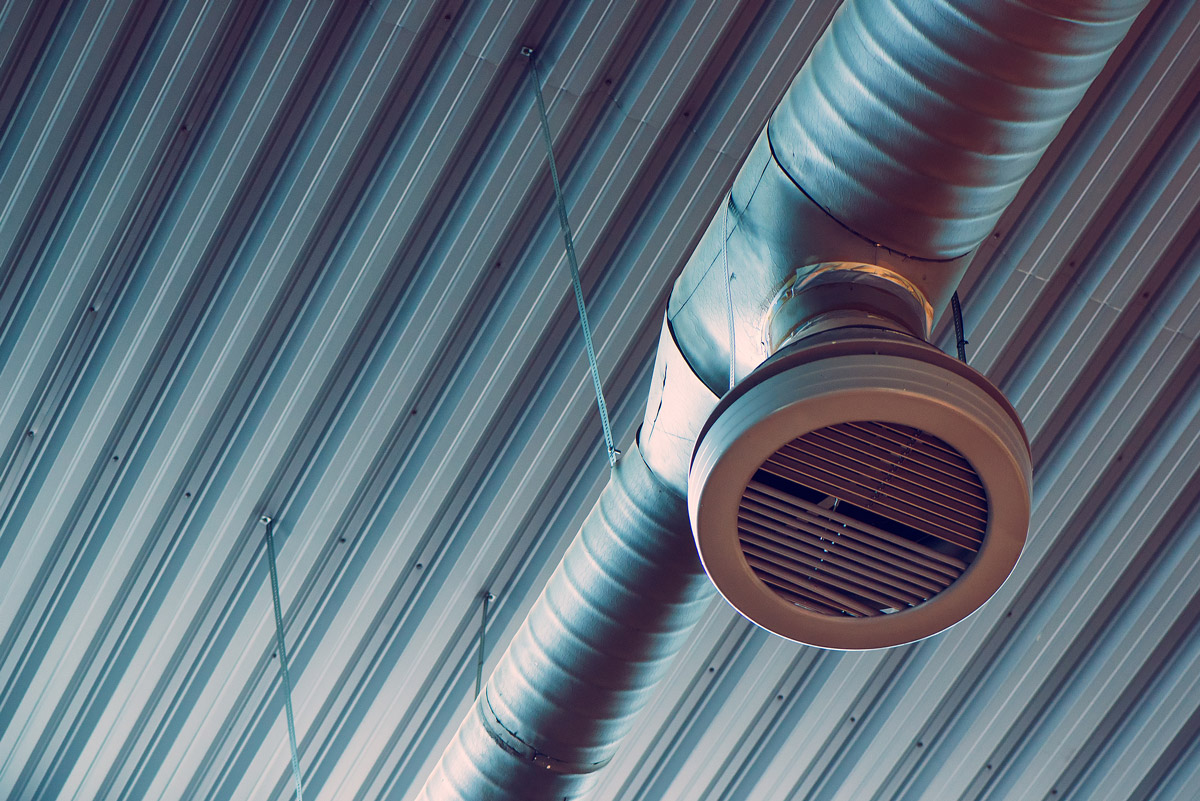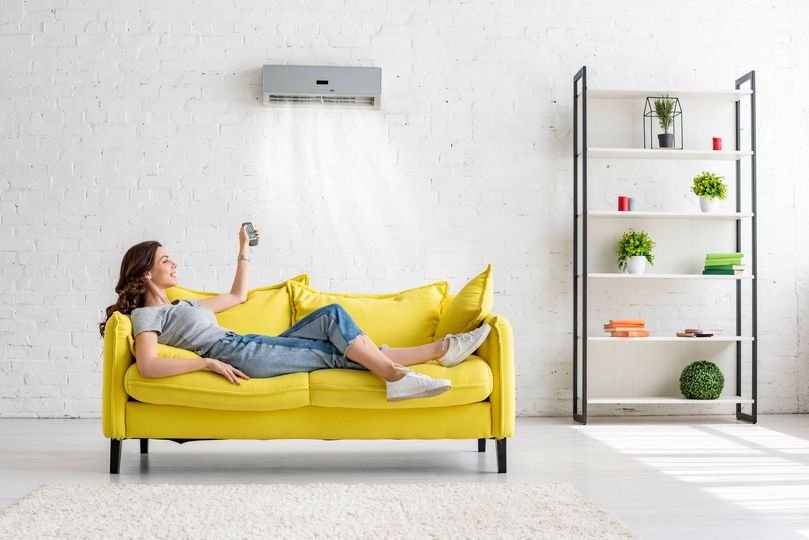Regardless of the size of the unit, heating and cooling services are intended to move a specific volume of air. Like this, ductwork makes your system function correctly and effectively. The static force will be at the proper level if all of the system's parts are appropriately placed.
How do You Define Static Pressure
Static pressure describes the resistance to airflow in the ducting system when it comes to HVAC systems. Your HVAC system must move the air through the ducts with more force than the static pressure in the pipes for it to operate effectively. The airflow will be impacted if this prerequisite is not satisfied.
What Impact Does Static Pressure Have on My HVAC System
Understanding how static pressure works may be helpful in a variety of ways. First, there can be a problem with the system if the static pressure is low. A filthy or clogged system filter often causes low static pressure. Air will have a more challenging time moving through the system due to the slower airflow into and out of the system. This indicates that there won't be enough airflow to chill or warm up your house.
The HVAC system can function well if your system has high static pressure. The system will have adequate circulation to move the air throughout your house thanks to the high static pressure. When this occurs, you can maintain a better temperature in your home.
How Can Static Pressure Issues be Fixed
A Plus Quality Inc. repair expert may create a few test ports and put a manometer into your ductwork to evaluate the static pressure there. The manometer will read the static pressure results. Your static pressure reading should not be too high or excessively low, just as your pulse rate has a healthy range.
There is limited airflow when the static pressure is too high. Your HVAC system will overwork itself due to working harder to compensate for insufficient airflow. Your power bill will increase, and there's a chance your air conditioner or furnace could break down.
Contact A Plus Quality Inc., which provides a range of services in Toronto & GTA, including AC and heating repair, if you're seeking an HVAC system that operates effectively and keeps you comfortable all season long. Call us today for a free estimate.



